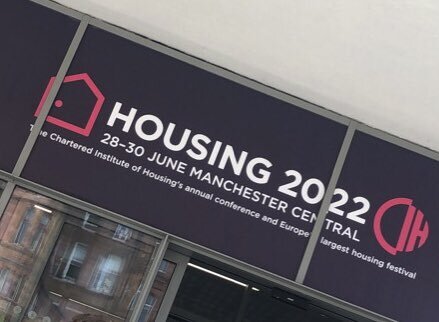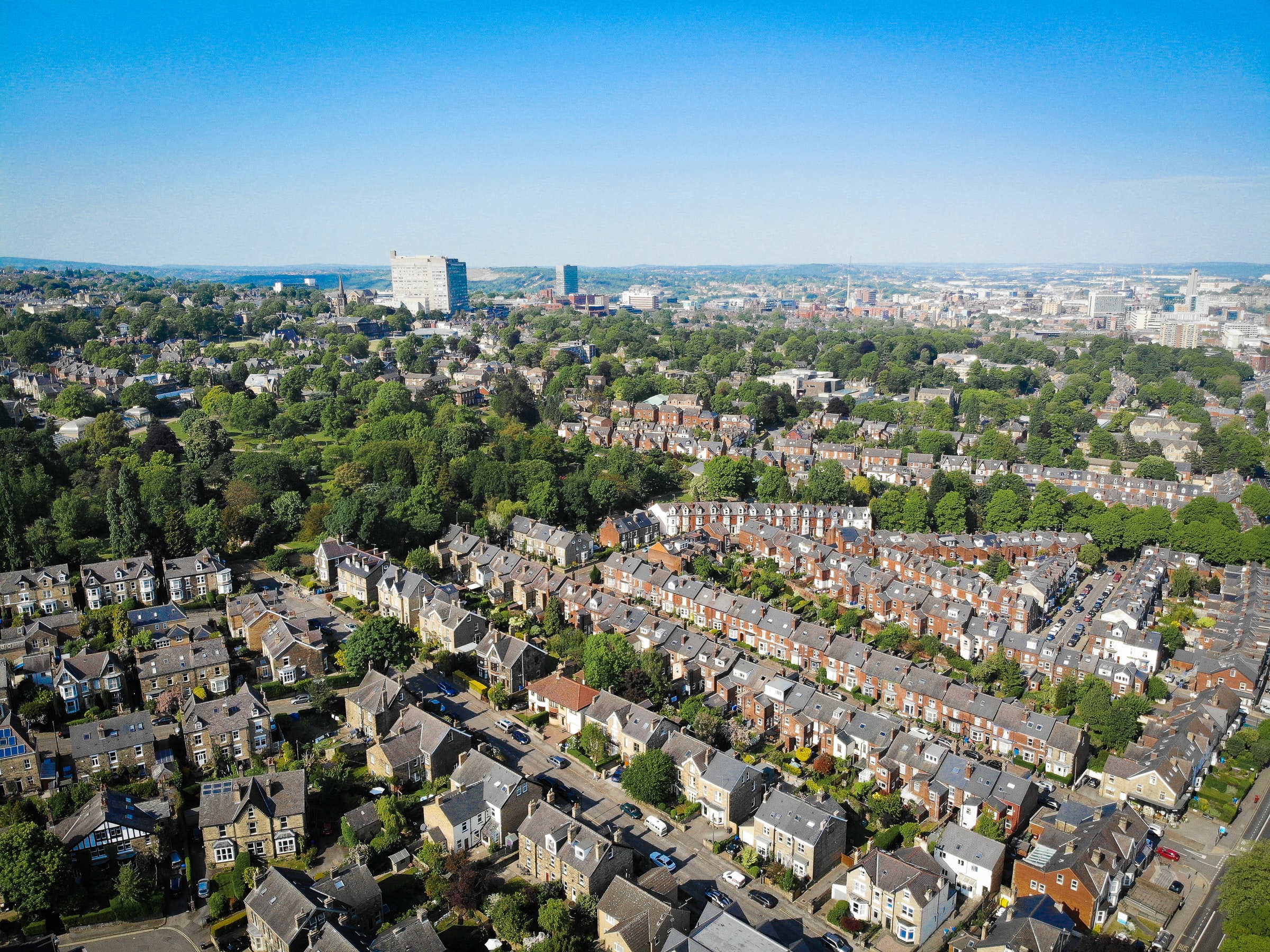Wates: Decarbonising The Construction Sector
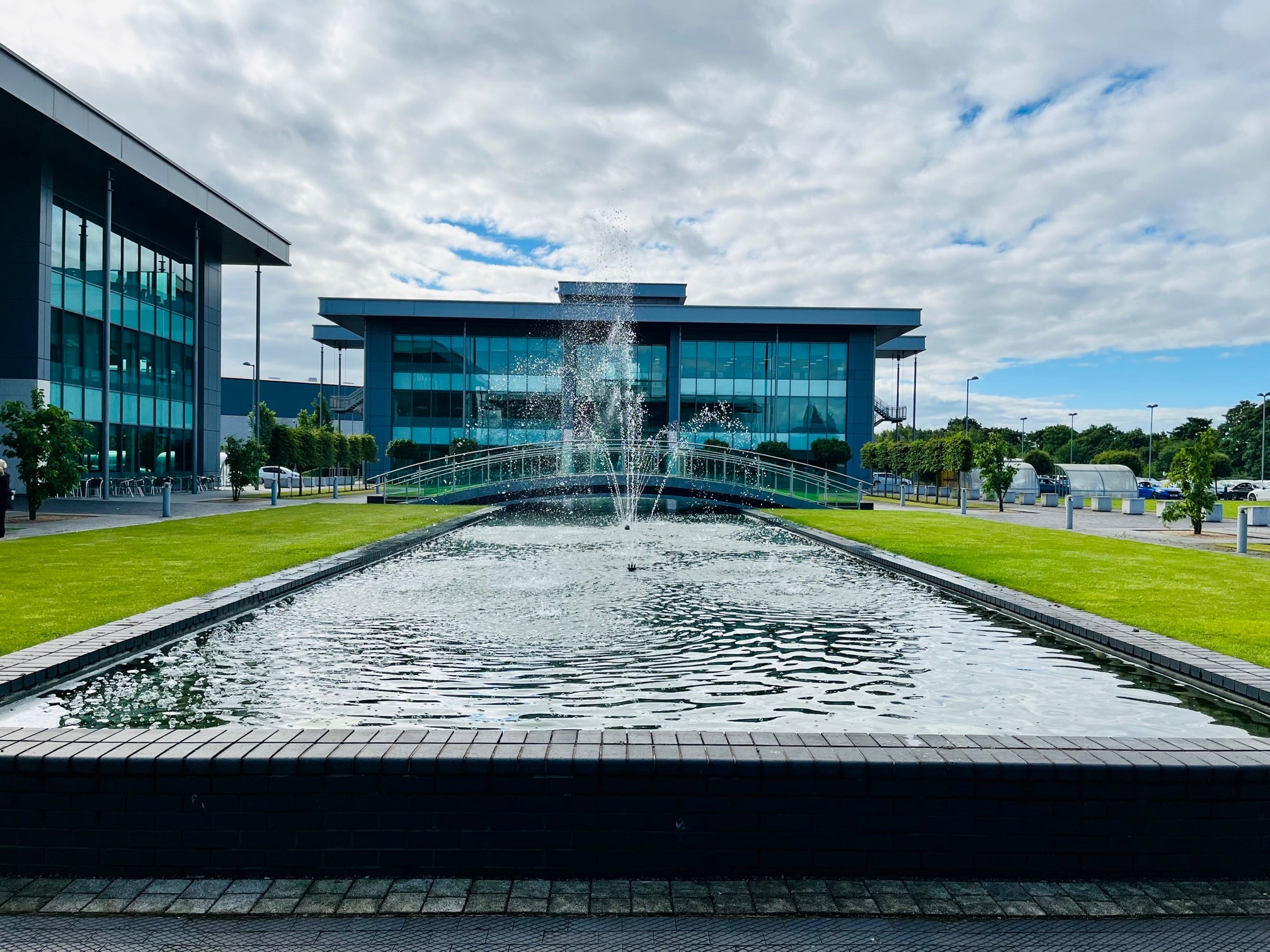
At Think Park in Trafford Park, Wates has signed a ten-year lease to celebrate its 125th anniversary. Housing Industry Leaders looks at the move and how it reflects Wates’ commitment to sustainability.
Decarbonising the construction sector is essential to reach net zero targets. Wates aims that by 2025, the company will reduce and eliminate the production of all waste created from on-site operations, reduce carbon emissions from Scope 1 and 2 operations and become carbon neutral.
Moving from The Royals in Wythenshawe to Think Park in Trafford Park, Wates’ new Greater Manchester home is hoped to support the company’s goal of becoming more sustainable.
Becoming More Sustainable Starts With Decarbonising Our Activities
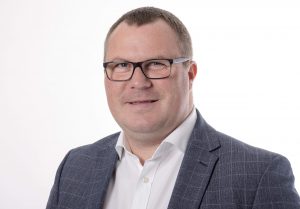
Regional Director, North West, Dave Saville
Housing Industry Leaders spoke to Wates’ Regional Director, North West, Dave Saville, about the move and how Wates focuses on sustainability.
Dave began by explaining that it isn’t just crucial that Wates as a company becomes more sustainable, but to him personally: “I’ve got two young kids, so I’m getting in tune to be more sustainable in what we do in operations.”
It has been a key focus for myself and the business over the last few years, to set some key sustainability targets around net zero.
As outlined in Wates’ Company Credentials document, Wates has made significant environmental changes, seeing 97.4 per cent of waste diverted from landfill, a further one per cent reduction in CO2 emissions, and 84.8 per cent of all energy demand from renewable sources with a 66 per cent fall in CO2 emissions since 2016, and 15,000 trees planted with The Conservation Volunteers since 2019.
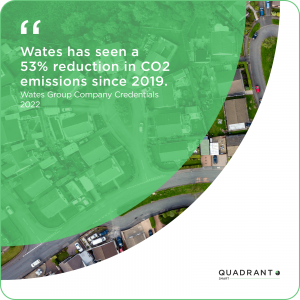
Dave told Housing Industry Leaders what sustainability means to him: “For me, sustainability can be considered in several ways, obviously sustaining business to be profitable and finding ways in which in the current climate, we’re able to trade consistently to provide jobs for our staff and growing our number of staff in the North West.”
There is a localism agenda around that in the first instance, but sustainability, for me, is trying to decarbonise our activities.
Workplaces Must Have Access To A Green Travel Plan
Decarbonising the company’s activities starts with its office. Dave revealed that the new office uses less energy than the previous one: “It is more environmentally friendly because it has a higher energy performance rating than the previous office.”
“There is EPC, and now where the office is located, we have access to a green travel plan. We have never been able to facilitate that before.”
“Our previous office was on a motorway junction, and unfortunately, it didn’t have access to public transport. Here, we have the option to travel by train. Some people cycle and jog to work from the centre of Manchester. It is only three miles away from the centre.”
So, all of a sudden travel is becoming considerably more impactful and reduces carbon out of our activities.
Another way Wates aims to encourage sustainability and the decarbonising of its activities is through the new office’s use of technology and because the office is located on the same floor. “It is all on one floor; we can collaborate better. We’ve been able to introduce a greater level of technical communication too. So, today we are starting to use the Teams system. Thankfully, every meeting room is established with this.”
“We don’t have to travel in and around the country, using cars and public transport to have meetings. Using technology to support us, we are having more effective meetings.”
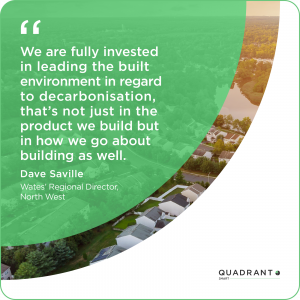
Dave added that the final piece of the jigsaw is Wates’ ability to collaborate compared to other companies around its decarbonisation strategies and design buildings that are low energy because of all being on the same floor.
Employment And Education Are The Focuses For Wates
Education is a key focus for Wates as the company builds zero carbon schools that provide opportunities for the pupils to understand what technologies are going into the schools and how they will help people in the future.
In addition, Dave discussed how open days are put in place to educate people, too: “We bring people in and let them understand how the building is going and why we are doing things differently. It is about education; it is about employment and education fundamentally.”
“We are fully invested in leading the building environment regarding decarbonisation, that’s not just in the product we build but in how we go about building as well.”
Ensuring that people are employed in a sustainable environment, encouraged to decarbonise their activities and are educated on why becoming sustainable is essential, Wates aims to affect not only the construction sector but its people positively.
